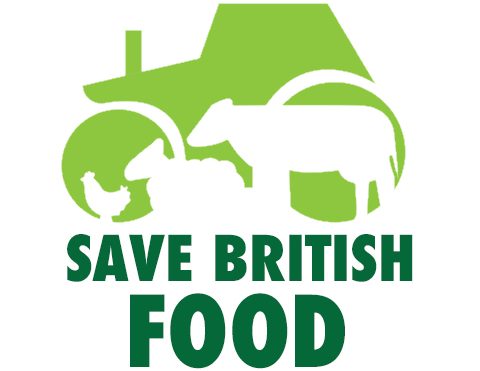Pie town Melton Mowbray gets our tractor treatment! Tractor route around Melton Mowbray, meeting at the cattle market at 10:30am Melton Mowbray, the Leicestershire market town famous for its pork pies and Stilton cheese is set to be the latest location of a SBF tractor demo. We continue to protest the failure of the government […]
Tag: food standards
Agriculture Bill Debrief: Debunking Arguments For Not Enshrining Our Standards In Law Obviously the 95 per cent of us who want to keep our high food standards; the 92 per cent of us who want animal welfare standards maintained in future trade negotiations; the 86 per cent of us who fear food banned here will […]
Good food standards = good health
Health professionals join call to keep current UK food standards Health care professionals join Save British Farming to deliver a strong message to amend the Agriculture Bill to keep our current food standards. Some of them tell us why. It is crucial that we protect our food standards not just for ourselves but for future […]
SBF launches new report
SBF launches a report into the health implications of lowering food standards Save British Farming launches a new report today. NHS Dietitian Gabrielle Morse examines the implications of a US-UK trade deal to the nation’s health, given their insistence we must allow their lower quality food as part of the deal. It seems that ‘chlorinated […]
Save our food quality
The decision to lower food standards in the new Agriculture Bill to allow US imports into our country represents a threat to both public health and our economy. The FSA calculated the UK infection rate could increase 10x across all foodbourne pathogens and contaminants which cause food poisoning. This could result in an additional nine […]
World Food Safety Day

Britain has some of the world’s best food safety regulations. It took an extraordinary national effort to reach the enviable position we now hold, with laws protecting the consumer, the farmer and our animals. We must not betray them now.
Sign the Food Standards Petition

The National Farmers Union is lobbying the government to ensure that food imported from countries such as the US which is produced to lower standards than that expected of UK farmers should not be allowed. Farming throughout the UK has high standards of safety and animal welfare and won’t be able to compete, causing them […]
